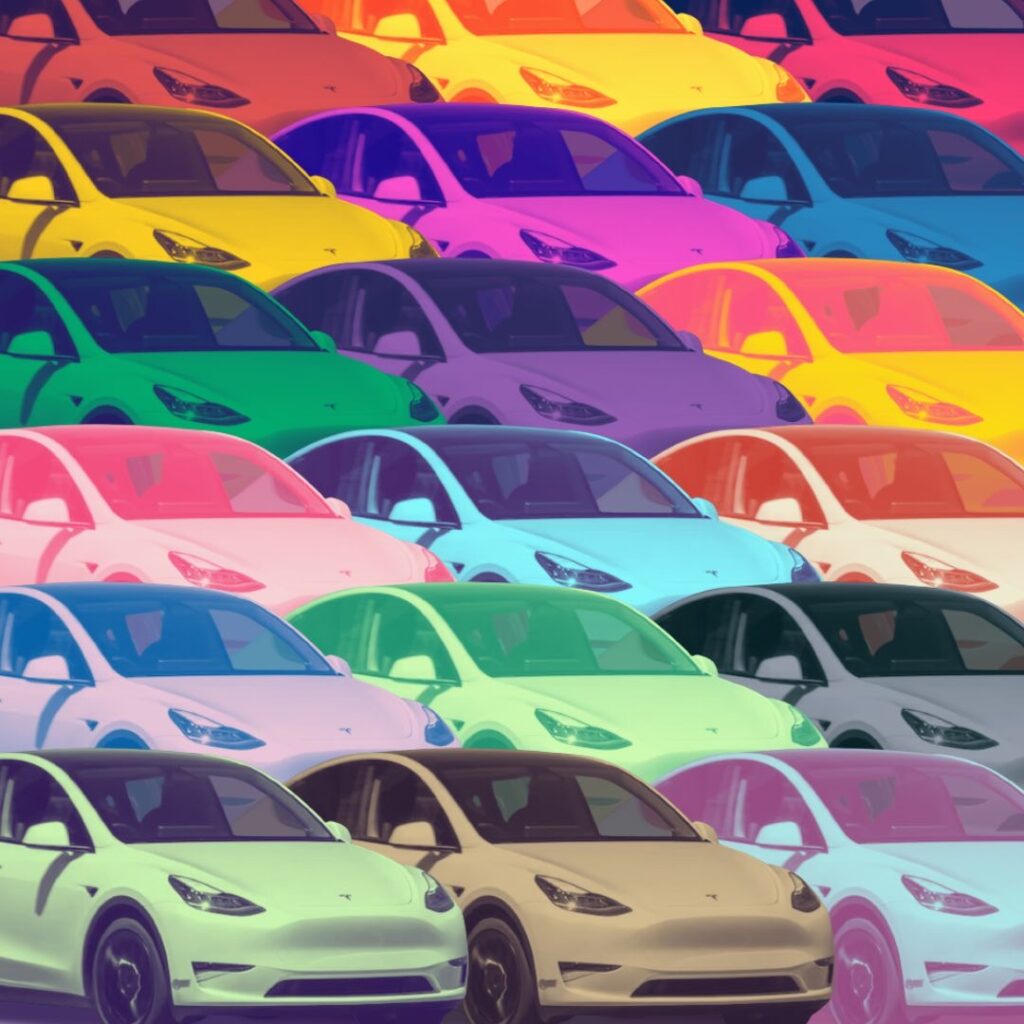
Every year, our world undergoes rapid transformations driven by innovation and policy shifts. The global push for energy transition has become a paramount topic as societies grapple with the escalating threat of climate change. In theory, traditional energy methods may diminish in significance due to technological advancements in alternative renewable energy sources, transport electrification and regulatory enforcement.
Nevertheless, it’s crucial to recognize that change takes time. Various corporate and governing bodies are establishing timelines to meet specific environmental benchmarks that involve both consumer and business sectors.
The question to be posed is this: Are the majority of people in our nation and other countries ready to participate in this transition?
In April of 2023, according to the office of California Governor Gavin Newsom, the state of California achieved its goal of selling 1.5 million zero-emission vehicles two years earlier than expected. In that same year, 21 percent of all new cars sold in California were zero-emission vehicles (ZEVs) and 40 percent of ZEVs sold in the U.S. were sold in California. With $2 billion in incentives, the state has shown that it can include citizens with lower socioeconomic status in the energy transition initiative to bolster the movement.
According to Section 177 of the Clean Air Act, other states are allowed to adopt this program, but without the opportunity to create independent ZEV and low emission vehicle (LEV) standards. There are currently 17 states along with the District designated as the Section 177 states. Among them are states such as Maine, Nevada and Washington.
In certain Southern and Midwestern regions of the United States, state legislators continue to defend traditional energy sources. These areas, rich in coal, natural gas or oil reserves, perceive the shift towards alternative energy as a threat to their energy security and local economies.
States like Mississippi, North Dakota and Michigan rank among the top 10 with the lowest percentages of electric vehicle (EV) adoption. One of the main contributors to this trend is the absence of tax credits or rebates and the insufficient availability of EV charging stations. This deficiency in infrastructure is particularly pronounced in North Dakota which boasts the lowest EV adoption rate nationwide.
Tristia McGowin-Prim, a graduating senior history major and psychology minor from Foley, Alabama, has seen some results of change although her home state has historically been on the other side of this.
“I live in the deep south… in a very gas- and diesel-oriented town. But they’ve recently started utilizing electric cars and I’ve even seen that in our police departments,” McGowin-Prim said.
The Environmental Defense Fund’s goal is to have 100 percent of new cars, trucks and buses sold in the U.S. emit zero pollution by 2035. However, the transition to alternative resources must prioritize reliability, especially for lower and middle-class families who cannot afford disruptions with everyday transportation and technology.
According to Consumer Reports’ 2023 Annual Auto Reliability Survey, electric vehicles exhibit 79 percent more issues than internal combustion cars. Plug-in hybrid electric vehicles fare even worse, reporting an average of 146 percent more problems.
Furthermore, concerns persist regarding the future of vehicle electrification. A notable issue lies in the contrasting state of the supply chain for critical minerals between the United States and China, particularly given the current geopolitical climate. While China is the leading producer of 16 critical minerals, the U.S. relies on 14 of them, posing vulnerabilities in the supply chain.
Ethical dilemmas also are a factor when considering the environmental impact of producing and transporting batteries and materials.
Moreover, the mining of cobalt, a critical component of lithium-ion batteries used in electric vehicles, is often associated with severe human rights violations in countries like the Democratic Republic of the Congo (DRC).
According to the Congressional-Executive Commission on China (CECC), “The U.S Department of Labor estimates that at least 25,000 children are working in cobalt mines in the DRC.”
With 80 percent of the world’s cobalt located in the DRC and facing substantial demand for the material, the nation and its citizens are vulnerable to exploitation. China, a key player in the critical minerals supply chain, controls 80 percent of the DRC’s cobalt output.
The global transition towards alternative energy sources presents both challenges and opportunities that necessitate consideration of environmental and social implications.
Brandon Peterson is a finance major with an interest in macroeconomics and business activity in the public/private markets.
Copy edited by D’ara Campbell

























